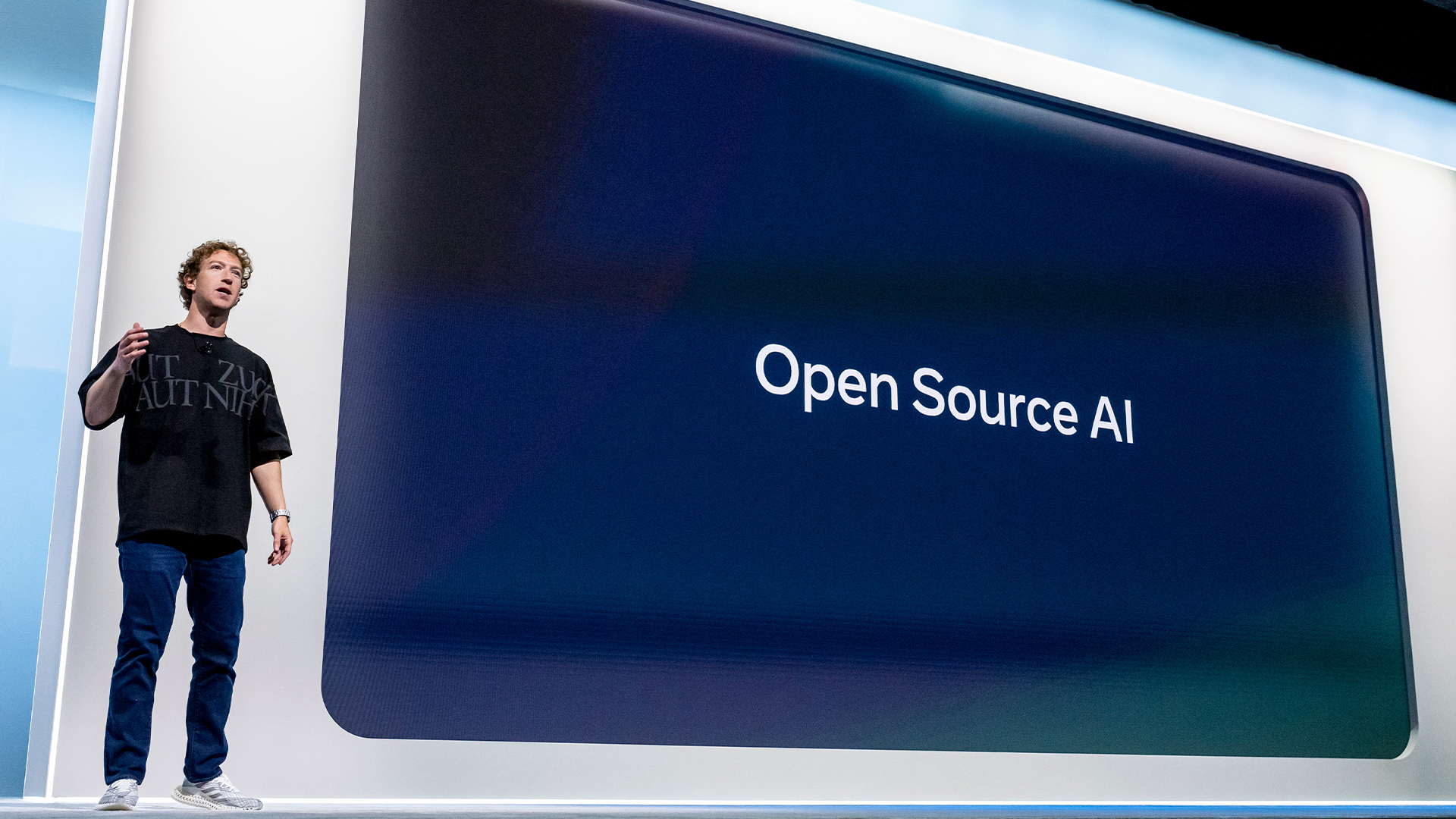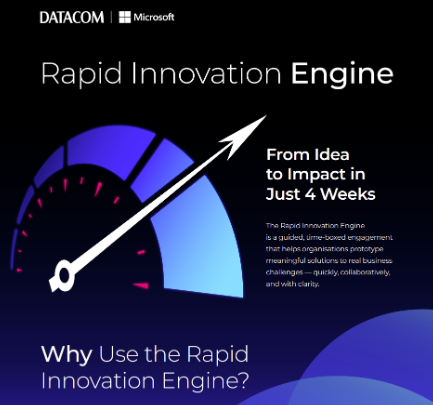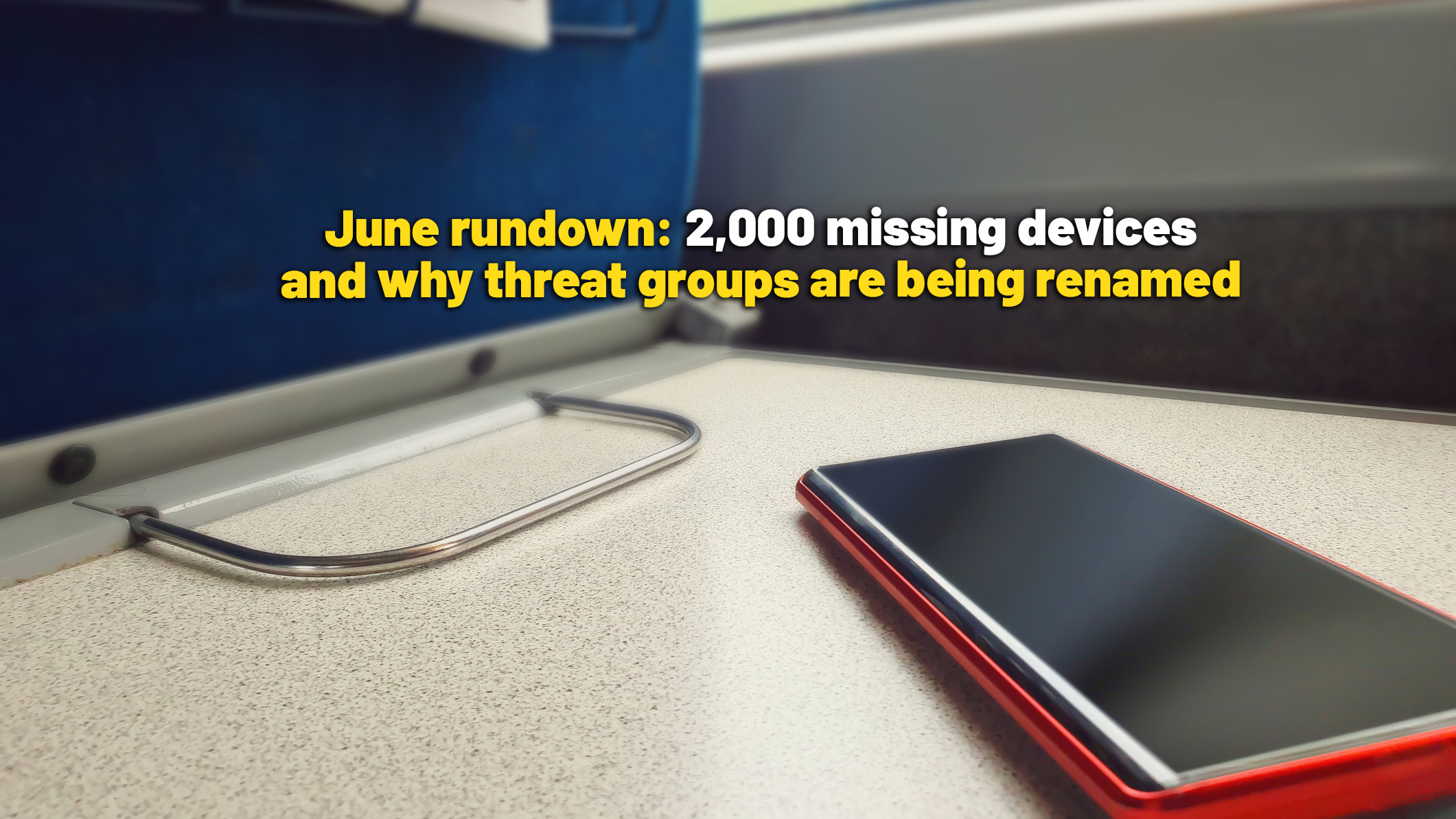‘I don’t think this is on people’s radar’: AI could wipe out half of entry-level jobs in the next five years – and Anthropic CEO Dario Amodei thinks we're all burying our heads in the sand
With AI set to hit entry-level jobs especially, some industry execs say clear warning signs are being ignored


Graduates entering the workforce face an array of challenges at the best of times, but with the generative AI boom continuing, the technology poses an even bigger threat.
SignalFire’s 2025 State of Talent report found hiring trends point toward a reduction in tech companies hiring recent college grads across 2024 - significantly less than in the year prior.
That’s not to suggest they’re just not interested in bringing on new staff, however, as many are now focusing on hiring more experienced professionals across a range of areas. But SignalFire said a confluence of budgetary constraints and growing AI capabilities means they’re overlooking those entering the workforce.
“As budgets tighten and AI capabilities increase, companies are reducing their investment in new grad opportunities,” the VC firm said. Citing data from the Federal Reserve Bank of New York, the company noted that the unemployment rate for new college graduates has surged 30% since September 2022.
Simply put, young graduates entering the workforce now face a double whammy of challenging macroeconomic conditions and the fact that employers are trying to automate roles their predecessors walked into less than a decade ago.
SignalFire isn’t the first to highlight the threat AI poses to entry-level jobs. Indeed, LinkedIn’s chief economic opportunity officer, Aneesh Raman, voiced concerns about this trend in a recent op-ed for the New York Times.
Raman noted that the current paradigm shift in the labor market bears similarities to the sharp decline in manufacturing jobs witnessed in the US during the 1980s.
Sign up today and you will receive a free copy of our Future Focus 2025 report - the leading guidance on AI, cybersecurity and other IT challenges as per 700+ senior executives
“Now it is our office workers who are staring down the same kind of technological and economic disruption,” he wrote. Raman added that the “bottom rung of the career ladder” will be among the first to be impacted by this rapid shift.
Dario Amodei says the quiet part out loud
The messaging from big tech figures on the topic of AI job losses - or the lack of jobs due to the adoption of the technology - has been a mixed bag in recent months.
Some, like Mark Zuckerberg, have gone so far as to suggest that certain roles will be rendered obsolete entirely - particularly entry-level software engineering roles, for example.
Devs entering the workforce now face an environment where AI coding tools are capable of carrying out simple tasks they typically would’ve been assigned during the early stages of their careers.
Very few tech leaders have articulated exactly what will happen to the labor market if AI continues to take jobs. Instead, they choose to promote the technology as a way to enable workers to focus on the more ‘rewarding’ and ‘valuable’ aspects of their roles.
Exactly what this entails for the majority of workers is still unclear. Previous research on this looking at software development showed those using AI tools shifted their attention to other tasks.
But that’s just one specific industry example - the influx of AI is occurring across a range of industries and professions.
Some big tech figures have taken a more upfront approach to the topic. Anthropic CEO Dario Amodei, for example, recently told Axios that he too believes AI will heavily impact white collar entry-level roles - nearly half, he warned.
Amodei told the publication that both AI providers and the government alike need to stop “sugar-coating” the inevitable wave of job losses across a wide array of industries.
“We, as the producers of this technology, have a duty and an obligation to be honest about what is coming,” he told Axios. “I don’t think this is on people’s radar.”
“It’s a very strange set of dynamics where we’re saying ‘you should be worried about where the technology we’re building is going’.”
Amodei noted that skeptics naturally push back on this, largely due to the fact they think it’s a marketing ploy from providers that have a vested interest in hyping up their own solutions.
Notably, Amodei’s comments came the week after the company unveiled new iterations of its Claude AI model range. These powerful new models have been touted as a game changer for developers and represent a vast improvement on previous versions.
MORE FROM ITPRO
- More than a third of UK tech leaders admit they’ve cut staff in favor of AI – but now they regret making hasty redundancies
- Workforce upskilling key to averting AI job loss 'apocalypse'
- Microsoft CEO Satya Nadella joins Google’s Sundar Pichai in revealing the scale of AI-generated code at the tech giants

Ross Kelly is ITPro's News & Analysis Editor, responsible for leading the brand's news output and in-depth reporting on the latest stories from across the business technology landscape. Ross was previously a Staff Writer, during which time he developed a keen interest in cyber security, business leadership, and emerging technologies.
He graduated from Edinburgh Napier University in 2016 with a BA (Hons) in Journalism, and joined ITPro in 2022 after four years working in technology conference research.
For news pitches, you can contact Ross at ross.kelly@futurenet.com, or on Twitter and LinkedIn.
-
 Is ChatGPT making us dumber? A new MIT study claims using AI tools causes cognitive issues, and it’s not the first – Microsoft has already warned about ‘diminished independent problem-solving’
Is ChatGPT making us dumber? A new MIT study claims using AI tools causes cognitive issues, and it’s not the first – Microsoft has already warned about ‘diminished independent problem-solving’News A recent study from MIT suggests that using AI tools impacts brain activity, with frequent users underperforming compared to their counterparts.
-
 ‘Agent washing’ is here: Most agentic AI tools are just ‘repackaged’ RPA solutions and chatbots – and Gartner says 40% of projects will be ditched within two years
‘Agent washing’ is here: Most agentic AI tools are just ‘repackaged’ RPA solutions and chatbots – and Gartner says 40% of projects will be ditched within two yearsNews Agentic AI might be the latest industry trend, but new research suggests the majority of tools are simply repackaged AI assistants and chatbots.
-
 ‘Digital first, but not digital only’: Customer service workers were first on the AI chopping block – but half of enterprises are now backtracking amid a torrent of consumer complaints and poor returns on AI
‘Digital first, but not digital only’: Customer service workers were first on the AI chopping block – but half of enterprises are now backtracking amid a torrent of consumer complaints and poor returns on AINews While businesses have been keen on replacing customer service workers with AI, adoption difficulties mean many are now backtracking on plans.
-
 ‘A complete accuracy collapse’: Apple throws cold water on the potential of AI reasoning – and it's a huge blow for the likes of OpenAI, Google, and Anthropic
‘A complete accuracy collapse’: Apple throws cold water on the potential of AI reasoning – and it's a huge blow for the likes of OpenAI, Google, and AnthropicNews Apple published a research paper on the effectiveness of AI 'reasoning' models - and it seriously rains on the parade of the world’s most prominent developers.
-
 Questions raised over AI’s impact as studies tout conflicting adoption outcomes
Questions raised over AI’s impact as studies tout conflicting adoption outcomesNews Two reports highlight the difficulty of judging the impact of AI on jobs, productivity, and wages
-
 Sick and tired of spreadsheets? Perplexity’s new tools can help with that
Sick and tired of spreadsheets? Perplexity’s new tools can help with thatNews Perplexity Labs is available now for Pro subscription users
-
 Meta faces new ‘open washing’ accusations with AI whitepaper
Meta faces new ‘open washing’ accusations with AI whitepaperNews The tech giant has faced repeated criticism for describing its Llama AI model family as "open source".
-
 Agentic AI is coming for customer service jobs
Agentic AI is coming for customer service jobsNews A report from Cisco shows the agentic AI shift is coming “faster than anyone anticipated”

